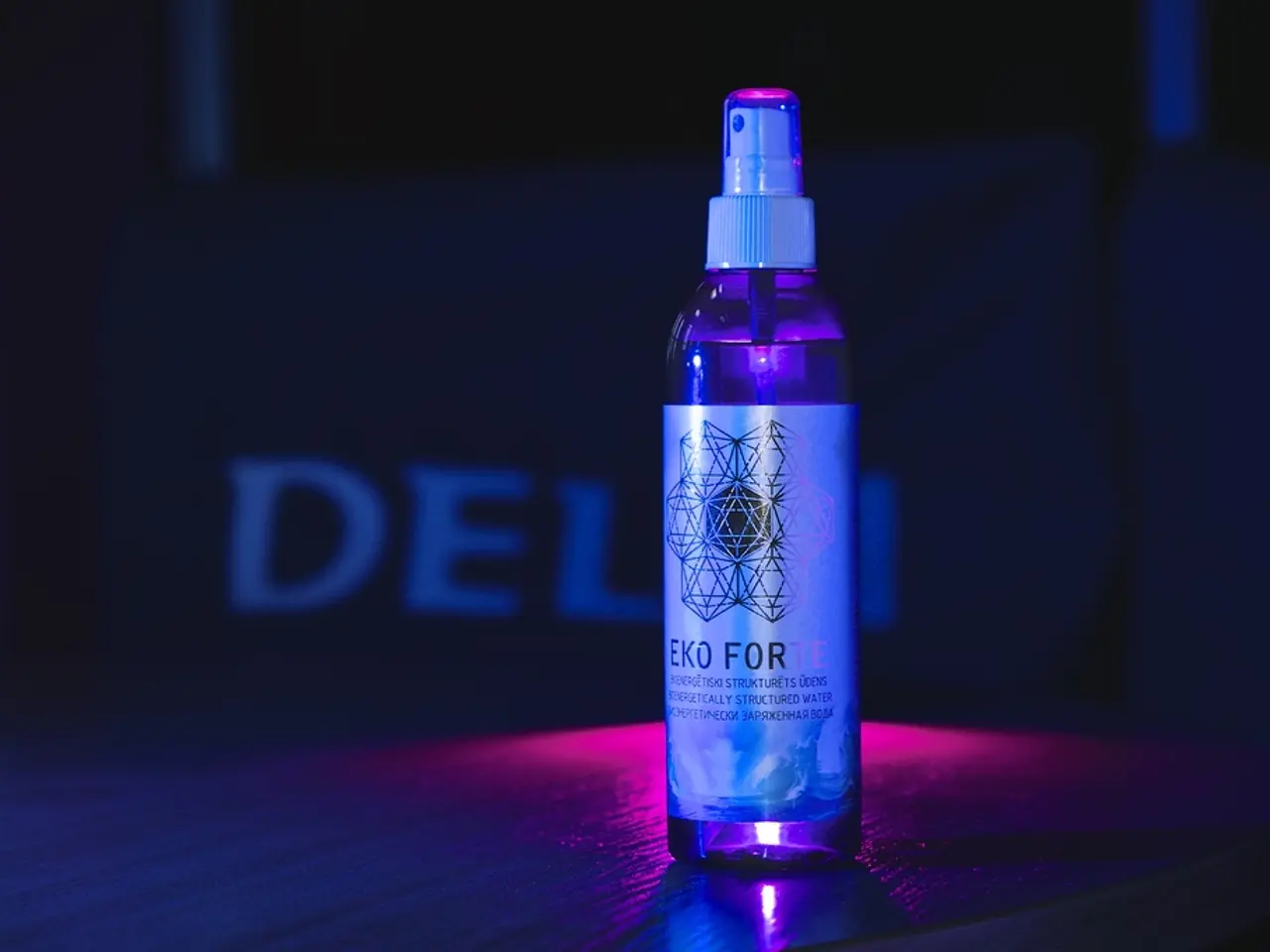Emu Oil: Applications, Advantages, Disadvantages
Emu oil, a liquid extracted from the fat beneath the skin of the emu bird, has been traditionally used for its purported health benefits, particularly in skin care and pain management. This oil is rich in essential fatty acids (EFAs) such as linoleic, linolenic, and oleic acids, which are crucial for skin health and inflammation regulation.
**Skin Health Benefits**
Emu oil boasts several skin health benefits due to its antioxidant and anti-inflammatory properties. It contains vitamins A and E, which act as antioxidants, and linoleic acid, which aids in easing muscle and joint pain. Moreover, emu oil is hypoallergenic and stimulates skin cell regeneration, making it suitable for sensitive skin. It is also used to moisturize and rejuvenate skin without clogging pores.
**Potential for Hair Loss Prevention**
While the direct link between emu oil and hair loss prevention is not extensively researched, its nourishing properties may help improve hair health by promoting a healthy scalp. A recent study suggests that emu oil may potentially decrease dihydrotestosterone (DHT) levels, a hormone linked to hair loss, offering a promising avenue for further research.
**Potential Risks and Considerations**
Despite its benefits, emu oil is not without risks. Allergic reactions can occur in individuals with allergies to animal products. The quality of emu oil can also vary depending on the source and processing methods, which may affect its efficacy and safety. It is essential to conduct a small patch test before full use to check for potential skin irritation.
The long-term effects of emu oil on health are not fully understood, and it may interact with other medications and supplements. It is crucial to consult a healthcare professional before using emu oil to ensure its suitability. Pregnant or breastfeeding individuals should avoid emu oil due to limited information on its effects on these groups.
The United States Food and Drug Administration (FDA) does not regulate the production of emu oil, so it's important to consider the source when purchasing. Emus thriving in good living conditions can produce higher quality oil. The American Emu Association offers certification programs to ensure the purity and ethical treatment of emus.
Claims about emu oil helping to relieve minor aches and pains, lower cholesterol, and repel insects are not substantiated by human trials. More research is necessary to confirm these effects on human health. Similarly, more research is needed to substantiate the claims about emu oil's effect on hair loss and understand its overall effect on human health.
Emu oil is rich in saturated fatty acid, oleic acid, palmitic acid, linoleic acid, and antioxidants. Some emu oils are refined more than others to create higher fatty acid content. A study on lab-grown cells found that a material made from emu oil reduced cell inflammation and helped cells stay healthy for longer. These components may contribute to heart health, anti-inflammatory effects, and cellular protection.
In conclusion, emu oil offers potential benefits for skin health due to its antioxidant and anti-inflammatory properties. However, its effectiveness for hair loss remains speculative without direct scientific evidence. It is generally considered safe when used appropriately, but users should be aware of potential allergies, quality inconsistencies, and the need for further research.
- Emu oil's ability to aid in easing muscle and joint pain is due to its linoleic acid content, which is a crucial component.
- The skin regeneration properties of emu oil make it suitable for individuals dealing with conditions like psoriasis and dermatitis.
- The nourishing properties of emu oil might help individuals with certain health issues, such as colitis or obesity, as its potential effects on metabolic factors require further research.
- Other potential health-and-wellness applications of emu oil include the management of conditions like depression and migraines, but more scientific evidence is needed to support these claims.
- Aq (a common abbreviation for Aqua, Latin for water), when combined with emu oil in a skin-care product, could enhance its skin-moisturizing properties.
- Some researchers suggest that emu oil could play a predictive role in managing conditions like Alzheimer's and cancer due to its antioxidant properties; however, more research is necessary to verify these claims.
- Type 2 diabetes patients may find relief through incorporating emu oil into their nutrition plans, as its fatty acid content may help regulate insulin resistance and blood sugar levels, although more research is required to confirm this.
- Ankylosing spondylitis patients might experience some relief from joint pain through the use of emu oil, but further clinical studies are necessary to substantiate these anecdotal reports.
- Ulcerative colitis patients could potentially benefit from the anti-inflammatory properties of emu oil, although there is limited research on its effectiveness in treating this condition.
- The skin-care, health-and-wellness, and nutrition industries increasingly recognize the potential benefits of emu oil for various conditions, but a need exists for more rigorous scientific investigation to validate these claims and establish its long-term impact on human health.







